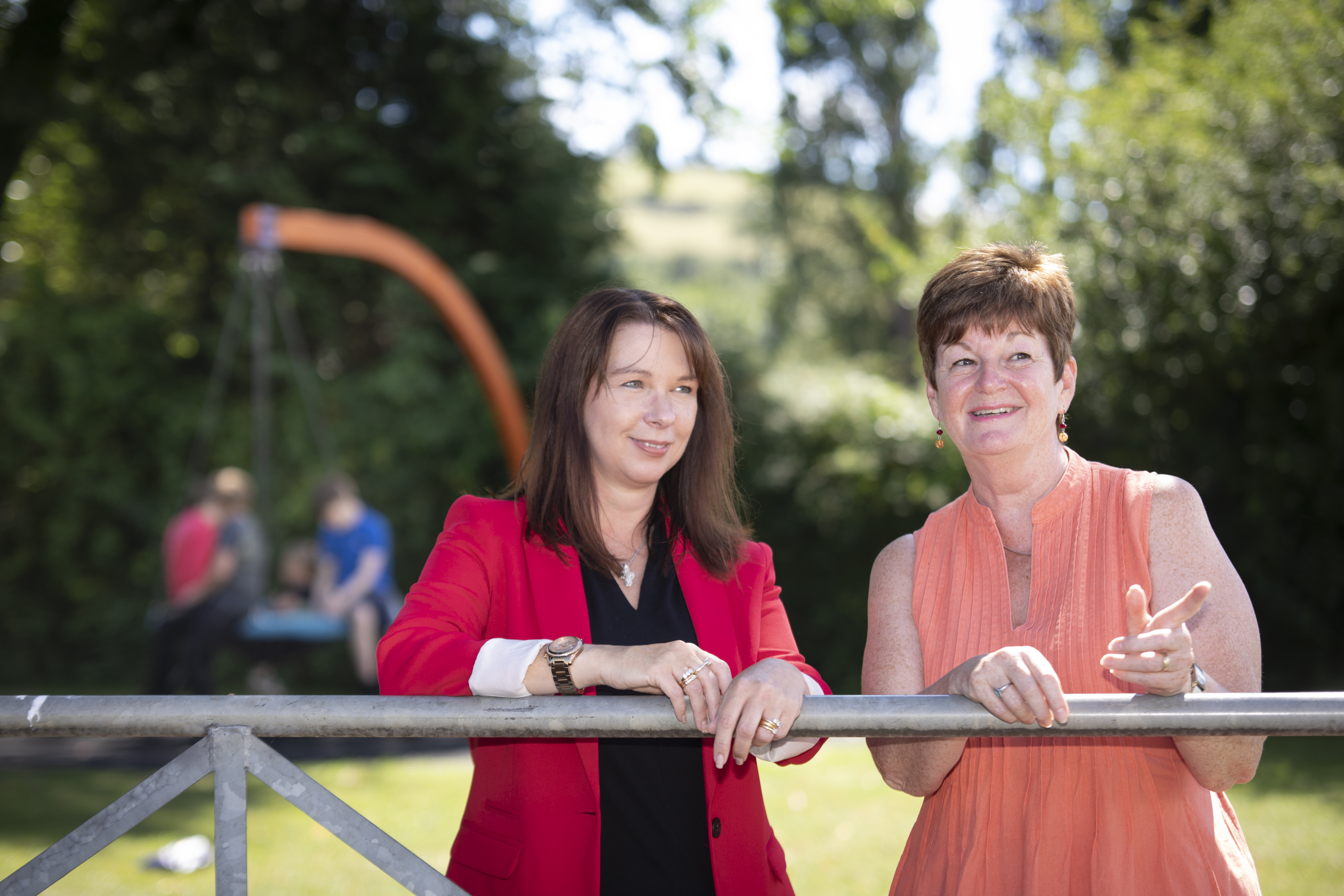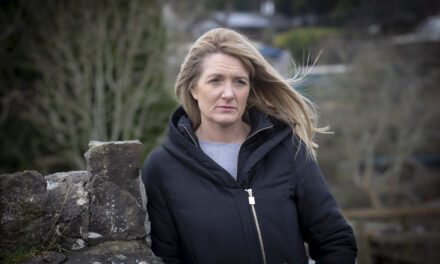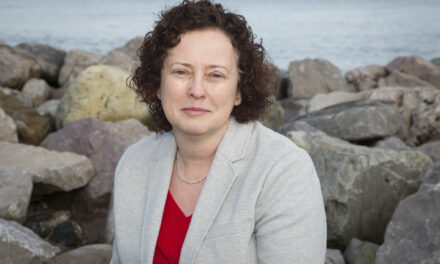A social enterprise has secured £500,000 in funding for a pioneering project to help struggling working families who are living below the poverty line in Conwy.
The money to pay for the four-year programme, Making Work – Work For All, being launched by Creating Enterprise is coming from the Big Lottery Fund.
The scheme will be supporting up to 100 tenants of housing association Cartrefi Conwy and the private lettings agency HAWS who are living on the breadline.
It will specifically be targeting poor working families on the Peulwys Estate in Llysfaen, Mochdre, Rhos on Sea and Llandudno.
Creating Enterprise, a subsidiary of Cartrefi Conwy, was the first organisation of its kind in Wales when it was established four years ago.
Last year the social enterprise helped 39 unemployed tenants find paid work via its ground-breaking Employment Academy.
Through this latest project they are branching out into working with families and they will be working in in partnership with Community and Voluntary Support Conwy (CVSC).
They will soon be appointing a project officer to run the programme which gets underway in the autumn.
According to Sharon Jones, the Business and Partnership Director at Creating Enterprise, the scale of the problem was huge.
It was underlined by the fact that 50 per cent of the people living in social housing spend a third of their income on rent while the figure rises to 70 per cent for those living in private rented accommodation.
The aim is to identify the struggling families and work with them to address the problems that are plunging them into poverty – and often into debt, making them easy prey for high interest lenders and loan sharks.
Sharon Jones said: “Securing this funding from the Big Lottery Fund is a massive vote of confidence in us.
“We’ve been working with people who are unemployed for a number of years now so this is a new area for us, but to have £500,000 to support local families is fantastic.
“Although they are in work, they are usually in low paid, low skilled jobs and often have zero hour contracts or low hours, such as four- hour contracts.
“A lack of affordable childcare is a huge problem for working families and also if employees are not given regular hours or hours at short notice, they cannot always get childcare so will miss out on extra pay.
“Transport is an issue for families living in the more rural areas of Conwy as transport links are very poor and sometimes it is impossible to get to work on time using public transport.
“Having to live below the poverty line and being unable to to afford the basic necessities can lead to mental health problems.
“It becomes a vicious circle with people losing their confidence and become socially excluded.
“Many families on low incomes have a poor diet which leads to longer term health issues, due to the high cost of fresh food or their perception that fresh food is very expensive to buy.
“With the cost of basic essentials rising three times faster than earnings, families are having to make difficult choices each day such as ‘do I put the heating on or eat a meal?’
“We will be identifying working with the families to help them identify and overcome the issues of poverty while in work.
“As well as one-to-one meetings with families, there will also be a series of meetings and events where we will bring people together.
“Among the initiatives being considered is setting up a local Employer Forum to encourage employers to look at ways of improving working conditions and providing opportunities for workers to increase their skills.
“Another idea is a discount card which gives money off local retail outlets such as chldren’s shoes and clothes, or fresh food such as local grocer or butcher, getting discount off utility bills and the like.
“Other examples could be a savings club and debt advice with the credit union, or establishing a furniture leasing scheme so people could access good quality furniture without going to companies who charge exorbitant interest rates or doorstep lenders.
“We are aiming to make a real difference to to these familes by helping them get out of poverty and improve the quality of their lives.”










